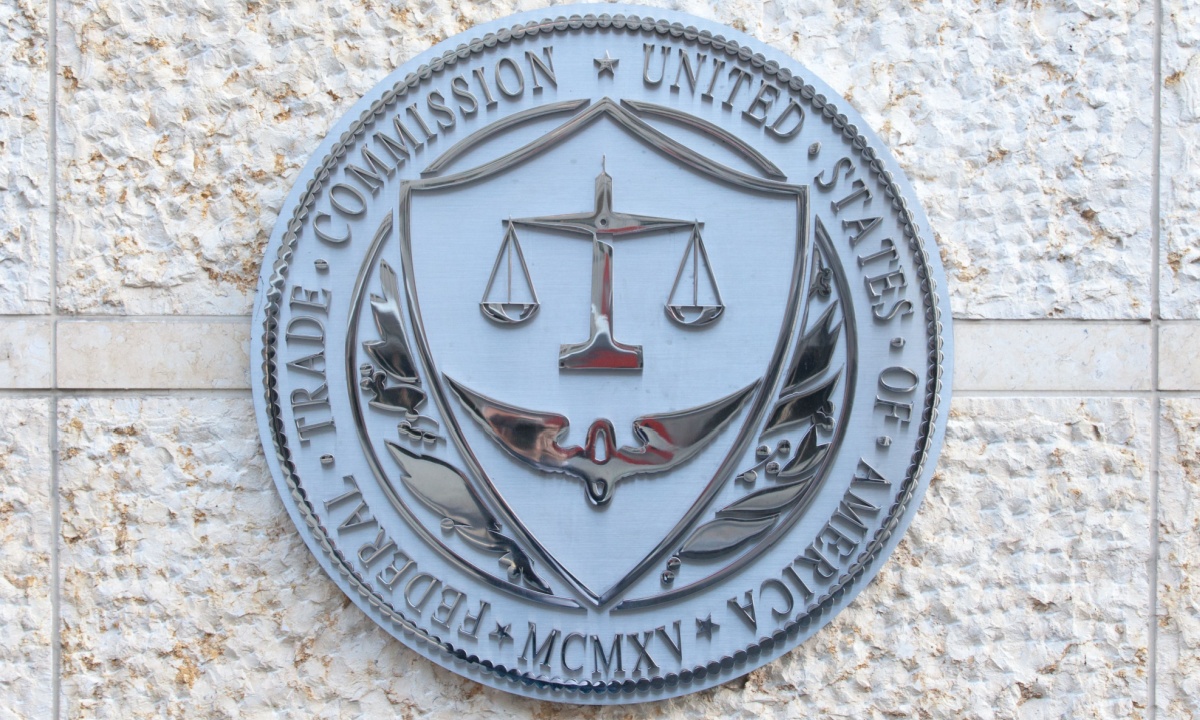
The Federal Trade Commission (FTC) announced on October 18, 2024, that it would seek intervention from the Fifth Circuit Court of Appeals in response to a Texas federal judge’s recent decision that effectively nullified the agency’s nationwide ban on employment noncompete agreements. The FTC’s notice of appeal challenges an August ruling from the U.S. District Court for the Northern District of Texas in the case of Ryan LLC v. Federal Trade Commission, which declared the FTC’s ban invalid.
In the ruling, Judge Ada Brown determined that the FTC exceeded its statutory authority in implementing the noncompete ban, characterizing the rule as “arbitrary and capricious.” The August decision built upon a prior preliminary injunction that Judge Brown issued, further asserting that the rule should be set aside with nationwide effect, as noted by Law360.
The FTC’s noncompete ban, which was finalized in April 2023 with a contentious 3-2 vote, aimed to prohibit nearly all noncompete agreements between employers and employees. Had it taken effect as scheduled on September 4, 2024, the rule would have required employers to cease enforcing existing noncompete agreements and notify employees that such agreements would no longer be valid.
According to Law360, the FTC’s appeal comes on the heels of another legal setback when the agency appealed a similar preliminary injunction ruling from the U.S. District Court for the Middle District of Florida in Properties of the Villages, Inc. v. Federal Trade Commission. In that case, the court indicated that the FTC’s rule might lack proper congressional authorization under the “major questions doctrine,” a legal principle that demands agencies provide clear evidence of legislative backing for rules of significant economic and political impact.
The FTC’s recent efforts to assert its authority over noncompete agreements were also met with resistance in Pennsylvania. A local company, ATS Tree Services, LLC, recently dropped its challenge against a ruling denying a preliminary injunction from the U.S. District Court for the Eastern District of Pennsylvania. In that case, the judge concluded that the FTC acted within its rights under the FTC Act when it classified all noncompete clauses as “unfair methods of competition.” The judge also dismissed claims from ATS Tree Services that the new rule would cause them irreparable harm, particularly regarding investments in employee training.
As it stands, the noncompete ban remains enjoined under the recent ruling in the Ryan case. The Fifth Circuit is now set to review the matter, and opponents of the FTC’s rule perceive this court as potentially more sympathetic to their arguments. Legal experts suggest that the case may eventually reach the Supreme Court, though many anticipate that the FTC’s noncompete rule is unlikely to prevail in the long run.
In the interim, employers are advised to concentrate on state law compliance and ensure that any restrictive covenants are narrowly tailored to protect legitimate business interests. As scrutiny of noncompete agreements intensifies among state and federal lawmakers, organizations may need to adapt their practices to align with evolving legal standards.
Source: Law360
Featured News
Big Tech Braces for Potential Changes Under a Second Trump Presidency
Nov 6, 2024 by
CPI
Trump’s Potential Shift in US Antitrust Policy Raises Questions for Big Tech and Mergers
Nov 6, 2024 by
CPI
EU Set to Fine Apple in First Major Enforcement of Digital Markets Act
Nov 5, 2024 by
CPI
Six Indicted in Federal Bid-Rigging Schemes Involving Government IT Contracts
Nov 5, 2024 by
CPI
Ireland Secures First €3 Billion Apple Tax Payment, Boosting Exchequer Funds
Nov 5, 2024 by
CPI
Antitrust Mix by CPI
Antitrust Chronicle® – Remedies Revisited
Oct 30, 2024 by
CPI
Fixing the Fix: Updating Policy on Merger Remedies
Oct 30, 2024 by
CPI
Methodology Matters: The 2017 FTC Remedies Study
Oct 30, 2024 by
CPI
U.S. v. AT&T: Five Lessons for Vertical Merger Enforcement
Oct 30, 2024 by
CPI
The Search for Antitrust Remedies in Tech Leads Beyond Antitrust
Oct 30, 2024 by
CPI